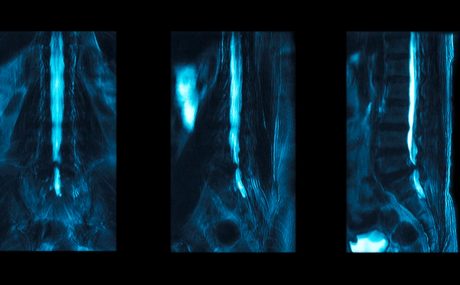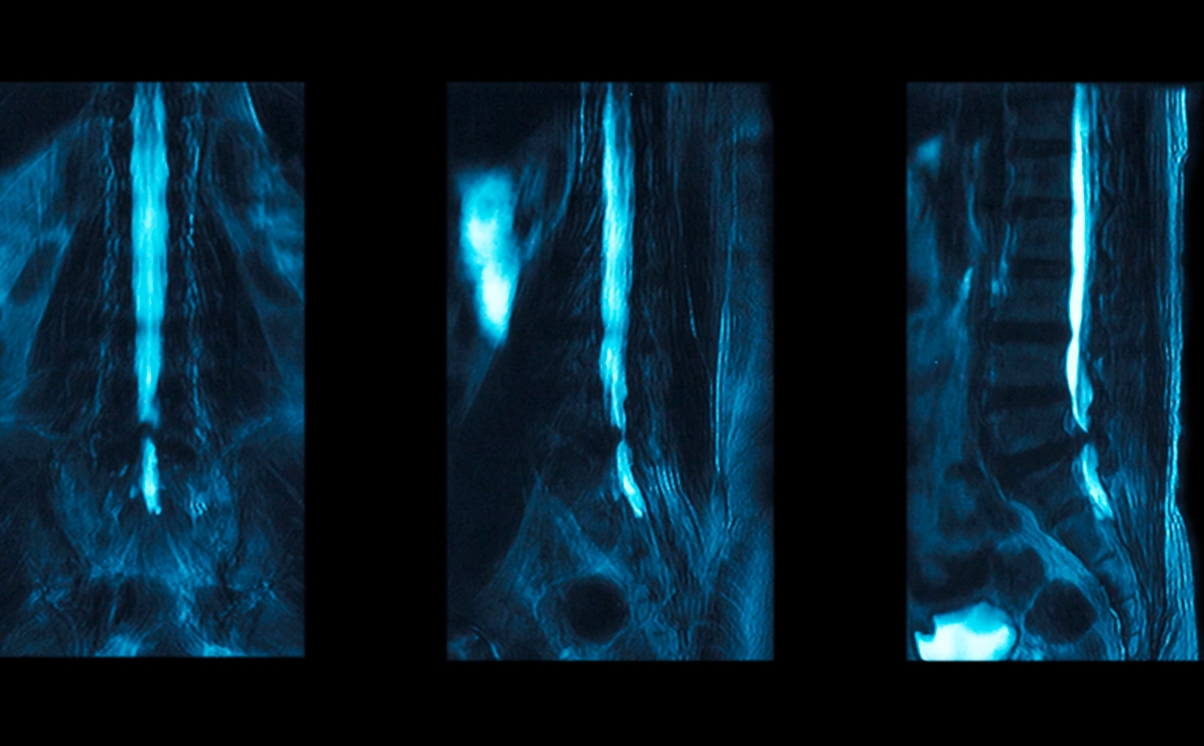Background
At the time of the incident, KT was 33 years of age and a known intravenous drug user. He was homeless and had a history of health conditions, including hepatitis C. KT frequently attended the first defendant hospital for medical advice and was usually treated in the emergency department (ED).
On 8 April 2015, KT attended the ED at the first defendant hospital for the treatment of a wound infection in the groin area. It was also noted that he was complaining of neck pain. Following investigations, he was discharged with paracetamol.
On the evening of 11 April 2015, KT woke up unable to move his arms or legs. He was taken by ambulance to the ED at the first defendant hospital, and it was noted that he had “pain in both legs”. The notes also stated: “Upper and lower limb neuro exam was normal, patient able to move legs.”
KT was discharged by medical staff at the first defendant hospital and given an appointment to return to the wound dressing clinic. KT was placed in a wheelchair, taken outside the hospital and left there. KT had lost control of his limbs, meaning he could not support himself in the seated position. He eventually slipped out of the wheelchair and fell to the ground. He remained on the ground in great discomfort for a number of hours until the police arrived and placed him back in the wheelchair. KT believes that an ambulance crew finally took pity on him and agreed to transport him to the second defendant hospital.
KT was assessed, and the examination recorded that KT complained of neck stiffness and being unable to walk. An x-ray of the cervical spine was performed on 12 April 2015, which was suggestive of an infectious source. KT underwent an MRI scan of his spine on 13 April. This demonstrated C5/6 discitis with a spinal epidural abscess (SEA), which was causing KT’s spinal cord to become compressed.
On 13 April 2015, a discussion took place between doctors at the second defendant hospital and the neurosurgical registrar at the first defendant hospital who accepted KT for transfer back to them. However, this was later rescinded due to lack of capacity. By this stage, KT’s condition was continuing to deteriorate.
Medical staff at the second defendant hospital proceeded to contact the neurosurgical registrar at the third defendant hospital who reported on 14 April 2015 that surgery could not be performed that night and they could not, therefore, accept the transfer of KT. The third defendant hospital also stated that no referrals could be accepted from the second defendant hospital as it was outside their catchment area. They said, however, that they would accept a referral from the first defendant hospital. The first defendant hospital subsequently made a referral to the third defendant hospital, and KT was accepted for transfer on 15 April 2015.
On arrival at the third defendant hospital, KT was assessed and then underwent a C5-7 laminectomy and drainage of the SEA at 4pm on 16 April 2015.
Injury
KT has been left with incomplete C4 tetraplegia. While KT has recovered some motor and sensory function of the upper and lower limbs, he is left with significant mobility issues and requires a motorised scooter for longer distances outdoors. He has residual neurogenic bladder, bowel and sexual dysfunction. He continues to have severe neck pain, neuropathic pain, spasticity and spasms.
KT requires assistance with personal care, and the expert evidence indicates that his needs will increase substantially with age. He has not used any illegal drugs following his injury, having undergone both spinal and drug rehabilitation. Following his rehabilitation, he moved back to his family home where his mother and siblings provided extensive gratuitous care and support.
The legal case
A claim was investigated against all three defendant hospitals. Supportive independent expert evidence was obtained from experts in neurosurgery, accident and emergency, microbiology and general medicine. The experts’ reports were critical of the standard of care KT had received, specifically the failure to admit, assess and undertake radiology of KT sooner. If they had, this would have resulted in earlier surgical intervention and a better neurological outcome
A Letter of Claim was sent, and a Letter of Response was received from the first and second defendants denying breach of duty and causation. The first defendant admitted it was in breach of its duty of care to KT in the early hours of 12 April 2015 insofar as it would have been unreasonable to discharge him at 03.40 without there being an obvious clear explanation for a marked decrease in his mobility or while he was still sufficiently incapacitated by drugs to be unable to walk.
Court proceedings were commenced, and the first defendant again admitted that it was in breach of its duty of care. The second and third defendants denied the allegations in their entirety. Causation continued to remain in dispute.
Settlement
Both parties agreed an early mediation before progressing the claim any further. Further experts were instructed to help quantify the claim, including a care and occupational therapist and a spinal rehabilitation surgeon.
Prior to the mediation, we served a without prejudice schedule of loss, but neither party served expert evidence.
At the mediation on 12 February 2020, the claim settled for £1,020,000. This reflected the fact that there were risks for both sides in relation to causation and quantum.
Life beyond injury
This settlement has had a dramatic impact on KT’s life. His family are originally from Bangladesh, and he has spent the last few months living there, where he enjoys the more laid back way of life (compared to London). The heat is also therapeutic for his pain. The settlement money will enable him to purchase a home in the UK close to his family and spend the colder winter months at the family home in Bangladesh.
KT had lost touch with his daughter following his years of drug misuse, but it is hoped that now he has been drug-free for over five years he will be able to resume their relationship.
Although KT’s injury has had a devastating effect on his life, in a way, it saved him as he is no longer an intravenous drug user and has re-established his relationship with his family.
Testimonial from KT
“Stewarts’ professionalism exceeded my expectations; they went above and beyond to secure the right settlement for me. They facilitated my needs during a time of depression, addiction and illness. Alison Goldney’s legal expertise won me the case, but the extended support she got me has built my future.
“Alison was always there to reassure me. With all the issues I had at the time, her approach was right for me. She was nurturing, friendly and polite. Alison gave me enough time to understand everything. It could all become quite complicated, but she broke everything down so I could understand. I also want to thank all the team for their hard work – it’s changed my life. I knew my case would be tough because of my history, but nobody judged my past, and I was respected.
“The settlement money got me out of a hole. It’s great that I am now financially stable and I am really looking forward to giving life another go. Before the pandemic, I started going back to the gym and, once I did, I saw that I started to get more movement in my body and was walking better again. I saw a lot of changes when I started going to the gym, and a lot of it was mental. When the pandemic is over, I will use the settlement money to go to the gym more regularly and get a trainer who understands what my body will need.
“When I am able to become more active, I want to try swimming. Alison has put me in touch with a support group, so I am hoping to meet people who will have also suffered similar injuries to me.
“The main thing the team helped me with was making it feel like this wasn’t my fault. Stewarts and Alison have helped me so much.”
Life beyond injury
We have teamed up with other clients who have catastrophic injuries to tell their stories of Life Beyond Injury. Please visit the Life Beyond Injury webpages here.
We hope that by sharing these stories, newly injured people can see that with the right support they too can overcome adversity to lead full and active lives.
You can join in the conversation and share your stories of overcoming adversity to lead a fulfilling life beyond injury: on Twitter, here #lifebeyondinjury; or on Facebook, here #lifebeyondinjury.
You can find further information regarding our expertise, experience and team on our Clinical Negligence page.
If you require assistance from our team, please contact us or alternatively request a call back from one of our lawyers by submitting this form.
Subscribe – In order to receive our news straight to your inbox, subscribe here. Our newsletters are sent no more than once a month.






